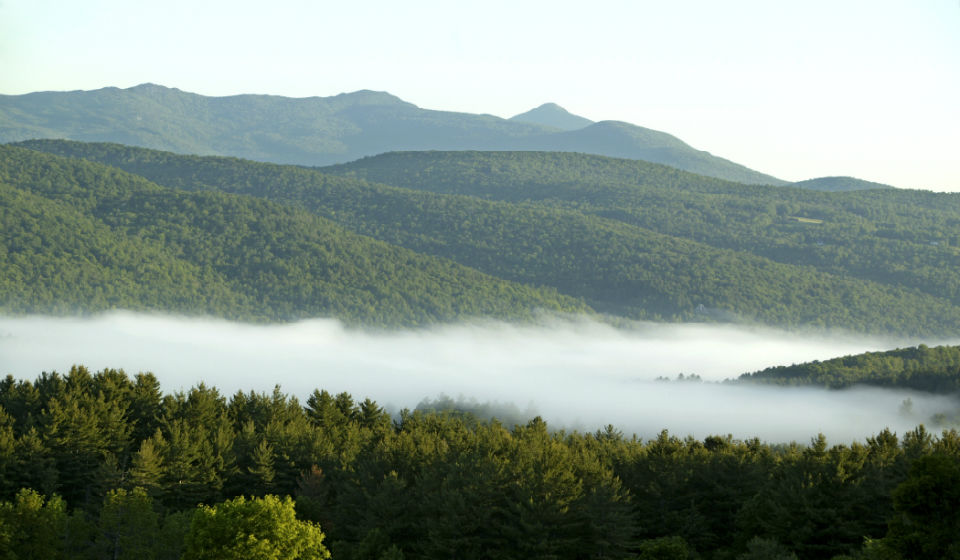|
Ecological Forestry for a Complex World w/ Dr. Tony D’Amato
Wednesday, April 14
7– 8 PM
Here in Vermont, our forests are precious to us. They enrich our lives, providing us with clean air, clean water, carbon sequestration and storage, wildlife habitat and more. Managing them for firewood, timber, maple syrup and other resources is a proud tradition, one which enriches our culture, our communities, our way of life. But, in a changing world, we need to adapt. As we understand more about the way that forests and other ecosystems function, we need to consider how to manage them as whole ecosystems; more than just trees. As we increasingly live in a changing climate, we need to learn how to manage forests to be adaptive and resilient, and in a way that protects and enhances their ability to sequester and store carbon. As our climate and our world changes, so too does our need for local and renewable resources, but not at the expense of our ecosystems.
“Ecological forestry,” also called “ecological forest management,” “ecological silviculture,” “disturbance-based forestry,” or “new forestry,” is the practice of managing forests like they manage themselves; basing forest management on how forests naturally grow and develop. Ecological forestry seeks to manage forests as complete, complex ecosystems, rather than solely for economic value, but while still producing local renewable resources we can be proud of. It is a toolkit of nuanced strategies for producing beautiful resources while supporting the integrity of our ecosystems and considering the social and cultural impacts of forest management and resource production.
Dr. Anthony (“Tony”) D’Amato has been the chair of the University of Vermont’s Forestry program since 2016. He has coauthored well over 100 peer-reviewed articles and is co-author of the ground-breaking 2020 book: Ecological Silviculture: Foundations and Applications. Among other objectives, his research focuses on understanding both natural and managed forest systems, and how to manage forests in a responsible way in light of changing global conditions and societal objectives.
|



